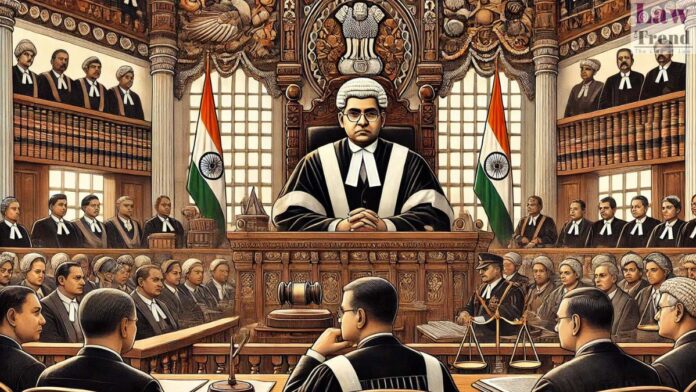The question “Who will judge the judges?” addresses the critical issue of judicial accountability and oversight. This topic has garnered significant attention due to concerns about the unchecked power and independence of the judiciary. Various perspectives highlight the complexity and urgency of implementing effective mechanisms to ensure judicial accountability.
Judicial Independence vs. Accountability
Judicial independence is a cornerstone of democracy, ensuring that judges can make decisions free from political pressure. However, this independence can sometimes lead to a lack of accountability. Critics argue that without proper oversight, judges may become unaccountable elites, potentially leading to judicial overreach or misconduct.
Historical Context
Historically, attempts to create totalitarian states often involved undermining judicial independence. This historical precedent underscores the importance of maintaining a balance between judicial independence and accountability to prevent the judiciary from becoming a tool of authoritarianism.
Proposed Solutions
Several mechanisms have been proposed to address judicial accountability:
1. Parliamentary Oversight: Some advocate for greater parliamentary oversight of the judiciary to ensure transparency and accountability. This approach suggests that legislative bodies should have a role in monitoring judicial conduct and performance.
2. Judicial Review Boards: Establishing independent judicial review boards composed of retired judges, legal experts, and public representatives could provide a balanced approach to evaluating judicial conduct without compromising independence.
3. Public Accountability: Enhancing public access to judicial proceedings and decisions can increase transparency. This includes publishing detailed judgments and making court proceedings more accessible to the public and media.
Challenges
Implementing these solutions is not without challenges. Ensuring that oversight mechanisms themselves remain impartial and free from political influence is crucial. Additionally, there is a need to strike a balance between accountability and the risk of undermining judicial independence, which could lead to external pressures affecting judicial decisions.
Conclusion
The question of “Who will judge the judges?” remains a pressing issue in the quest for a fair and balanced judicial system. While various solutions have been proposed, careful consideration and implementation are required to ensure that the judiciary remains both independent and accountable, serving the public interest effectively.




